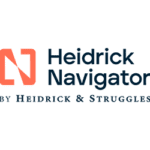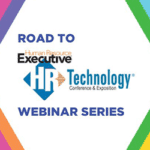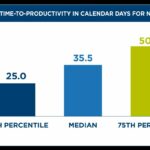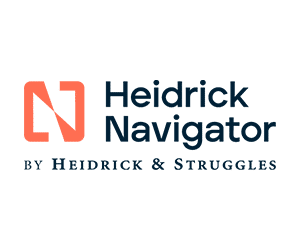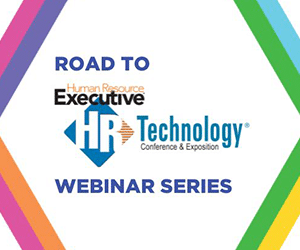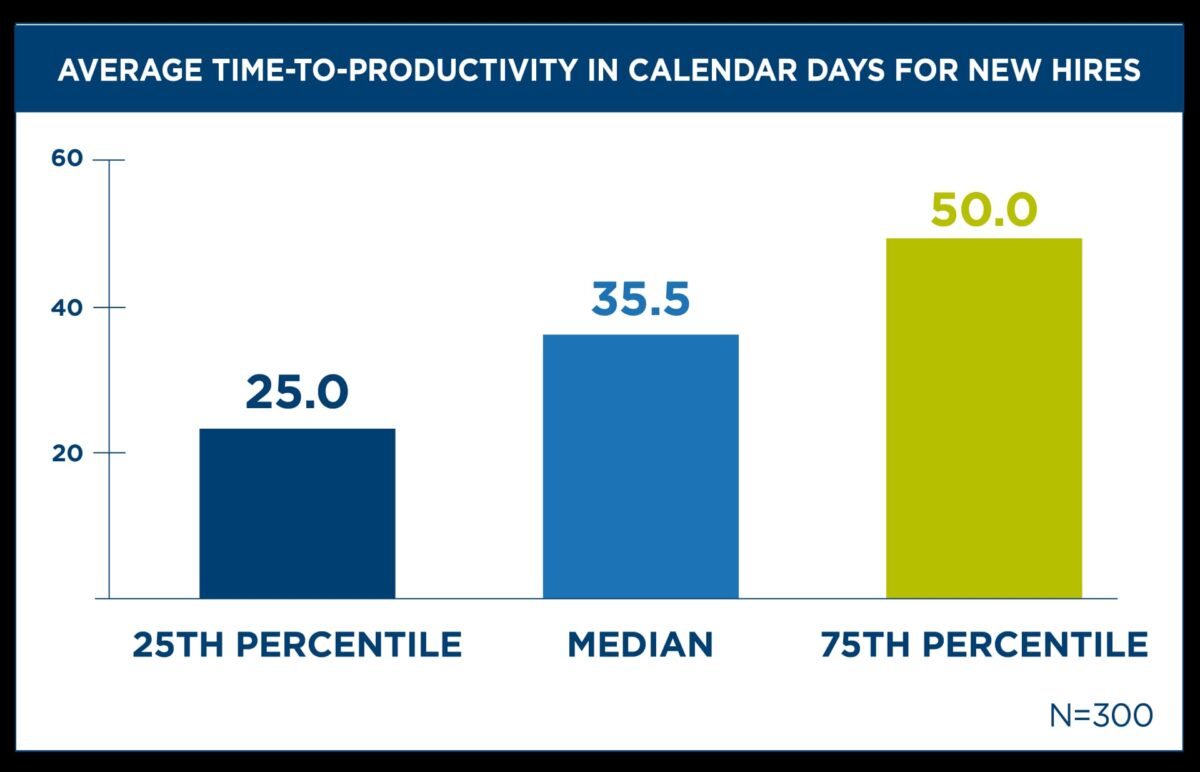
In today’s rapidly evolving business landscape, effective employee management is essential for businesses of all sizes, across all industries, striving to succeed and maintain a competitive edge. However, with the boom of digital data and the complexity of HR processes, it’s surprising to see that many businesses are still very much reliant on manual approaches to managing their staff.
As businesses grapple with questions surrounding collaborative technologies, changing work dynamics, talent retention and employee engagement, it becomes increasingly evident that traditional manual approaches are insufficient in addressing these strategic challenges.
The importance of effective information management in HR processes cannot be overstated. Therefore, the need for automated employee management systems to manage the growing volume and variety of HR documents, simply put, is undeniable. These solutions at their core are designed to streamline operations, mitigate risks and optimise business value.
Let’s delve deeper into the seven key features that I believe make these solutions indispensable for modern businesses.
- Ease of integration: Seamless integration is a cornerstone of effective employee management solutions. These solutions enable smooth data flow across different departments and platforms by seamlessly connecting with existing on-premise or cloud-based systems. So, whether it’s integrating with payroll systems, performance management tools or collaboration platforms, easy integration ensures cohesive workflows and enhances organisational efficiency.
- User-friendly interface: Usability is truly paramount for the widespread adoption of any solution being implemented into a business. Employee management solutions are no different. They should feature intuitive interfaces with simple navigation and clear instructions. Additionally, mobile accessibility further enhances usability, allowing employees to conveniently access HR processes on the go. A user-friendly interface not only boosts employee satisfaction but also reduces training time and minimises errors, ultimately driving productivity and efficiency.
- Efficient implementation: We all know that time is of the essence in today’s fast-paced business environment. Optimal employee management solutions offer rapid implementation processes, minimising downtime and disruption to daily operations. By providing pre-configured templates, automated data migration tools and comprehensive training resources, these solutions ensure a smooth transition and expedite time-to-value.
- Automated workflows: Manual approval processes and document handling can be extremely cumbersome and prone to errors. Employee management solutions streamline these tasks through automated workflows and digital signatures. By automating routine processes such as leave requests, expense approvals and performance reviews, organisations can accelerate decision-making, reduce administrative overheads and improve employee satisfaction overall.
- Robust security measures: Protecting sensitive employee data is paramount in today’s digital age. Employee management solutions should employ robust security measures to safeguard confidential information against unauthorised access, data breaches and cyber threats. Too, advanced encryption techniques, multi-factor authentication and role-based access controls ensure data integrity and compliance with regulatory requirements.
- Compliance and regulatory support: Compliance management is a complex and ever-evolving challenge for organisations. Employee management solutions offer built-in compliance workflows and regulatory support to help organisations navigate legal requirements and industry standards. From GDPR and labour laws to ever-changing industry regulations, these solutions ensure adherence to complex compliance frameworks, reducing the risk of penalties and litigation.
- Risk reduction strategies: Proactive risk management is essential for mitigating potential threats and safeguarding organisational assets. Employee management solutions implement risk reduction strategies such as regular security audits, vulnerability assessments and real-time monitoring. By identifying and addressing security vulnerabilities, organisations can minimise the risk of data breaches, financial fraud and reputational damage, enhancing trust and confidence among stakeholders.
The sheer variety and volume of HR documents underscore the need for automated document management systems. From job requisitions to exit interviews, manual document approaches are impractical and riddled with risks. Automated solutions offer systematic document retention, ensuring compliance with retention schedules and minimising legal liabilities. It’s important to remember that HR executives play a pivotal role in championing the adoption of these innovative solutions, leading transformative organisational change and fostering a culture of continuous improvement.
Employee management solutions serve as indispensable tools for optimising business value and mitigating risks in the dynamic digital landscape of modern organisations. By prioritising key features, businesses can unlock the full potential of their workforce and drive sustainable growth. Embracing employee management solutions is not merely a strategic imperative but a competitive advantage that enables organisations to adapt, thrive and stay ahead in today’s rapidly evolving business environment.
